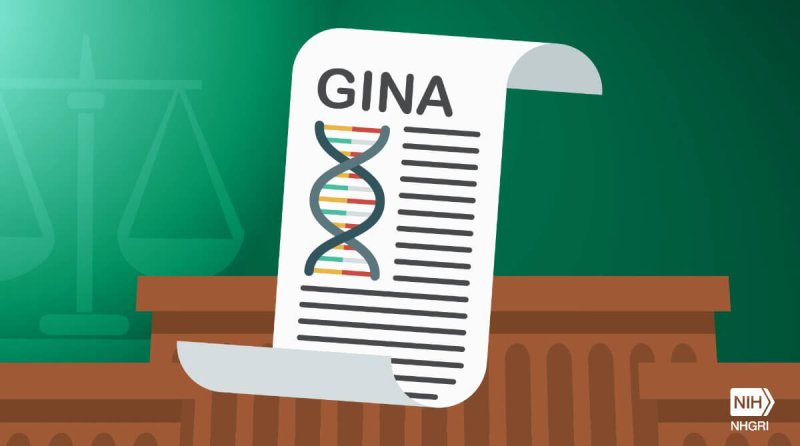The NHS health records that Palantir has access to can include a patient’s name, age, address, health conditions, treatments and medicines, allergies, tests, scans, X-Ray results, whether a patient smokes or drinks, and hospital admission and discharge information.
All too often, and perhaps particularly under crisis conditions, the temptations of novelty and the attractions of magic tech bullets eclipse sensible questions such as: What is this for? Who benefits? Is this what society needs?
The Genetic Information Nondiscrimination Act of 2008 (GINA) is overdue for an update, which might provide an opportunity to cover more than just genetic data. GINA took more than a decade of legislative effort — the first such bill was introduced in 1995 — until it was passed almost unanimously, though there have since been efforts to weaken it. It will likely be even harder to draft legislation to ensure that all data are deployed not for profit or policing, but in the service of public health and social justice. This discussion needs to happen now.































